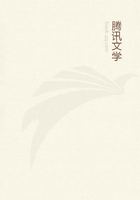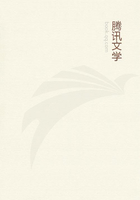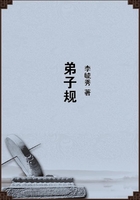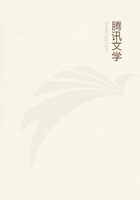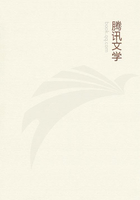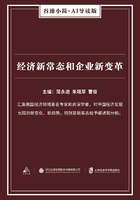This topic need scarcely be pursued further here; but the remark may not be out of place that all that considerable body of morals that clusters about the concept of an inviolable ownership is itself a psychological precipitate of the traditional meritoriousness of wealth. And it should be added that this wealth which is held sacred is valued primarily for the sake of the good repute to be got through its conspicuous consumption.
The bearing of pecuniary decency upon the scientific spirit or the quest of knowledge will he taken up in some detail in a separate chapter. Also as regards the sense of devout or ritual merit and adequacy in this connection, little need be said in this place. That topic will also come up incidentally in a later chapter. Still, this usage of honorific expenditure has much to say in shaping popular tastes as to what is right and meritorious in sacred matters, and the bearing of the principle of conspicuous waste upon some of the commonplace devout observances and conceits may therefore be pointed out.
Obviously, the canon of conspicuous waste is accountable for a great portion of what may be called devout consumption; as, e.g., the consumption of sacred edifices, vestments, and other goods of the same class. Even in those modern cults to whose divinities is imputed a predilection for temples not built with hands, the sacred buildings and the other properties of the cult are constructed and decorated with some view to a reputable degree of wasteful expenditure. And it needs but little either of observation or introspection -- and either will serve the turn -- to assure us that the expensive splendor of the house of worship has an appreciable uplifting and mellowing effect upon the worshipper's frame of mind. It will serve to enforce the same fact if we reflect upon the sense of abject shamefulness with which any evidence of indigence or squalor about the sacred place affects all beholders. The accessories of any devout observance should be pecuniarily above reproach. This requirement is imperative, whatever latitude may be allowed with regard to these accessories in point of aesthetic or other serviceability.
It may also be in place to notice that in all communities, especially in neighborhoods where the standard of pecuniary decency for dwellings is not high, the local sanctuary is more ornate, more conspicuously wasteful in its architecture and decoration, than the dwelling houses of the congregation. This is true of nearly all denominations and cults, whether Christian or Pagan, but it is true in a peculiar degree of the older and maturer cults. At the same time the sanctuary commonly contributes little if anything to the physical comfort of the members. Indeed, the sacred structure not only serves the physical well-being of the members to but a slight extent, as compared with their humbler dwelling-houses; but it is felt by all men that a right and enlightened sense of the true, the beautiful, and the good demands that in all expenditure on the sanctuary anything that might serve the comfort of the worshipper should be conspicuously absent. If any element of comfort is admitted in the fittings of the sanctuary, it should be at least scrupulously screened and masked under an ostensible austerity.
In the most reputable latter-day houses of worship, where no expense is spared, the principle of austerity is carried to the length of making the fittings of the place a means of mortifying the flesh, especially in appearance. There are few persons of delicate tastes, in the matter of devout consumption to whom this austerely wasteful discomfort does not appeal as intrinsically right and good. Devout consumption is of the nature of vicarious consumption. This canon of devout austerity is based on the pecuniary reputability of conspicuously wasteful consumption, backed by the principle that vicarious consumption should conspicuously not conduce to the comfort of the vicarious consumer.
The sanctuary and its fittings have something of this austerity in all the cults in which the saint or divinity to whom the sanctuary pertains is not conceived to be present and make personal use of the property for the gratification of luxurious tastes imputed to him. The character of the sacred paraphernalia is somewhat different in this respect in those cults where the habits of life imputed to the divinity more nearly approach those of an earthly patriarchal potentate -- where he is conceived to make use of these consumable goods in person. In the latter case the sanctuary and its fittings take on more of the fashion given to goods destined for the conspicuous consumption of a temporal master or owner. On the other hand, where the sacred apparatus is simply employed in the divinity's service, that is to say, where it is consumed vicariously on his account by his servants, there the sacred properties take the character suited to goods that are destined for vicarious consumption only.
In the latter case the sanctuary and the sacred apparatus are so contrived as not to enhance the comfort or fullness of life of the vicarious consumer, or at any rate not to convey the impression that the end of their consumption is the consumer's comfort. For the end of vicarious consumption is to enhance, not the fullness of life of the consumer, but the pecuniary repute of the master for whose behoof the consumption takes place.
Therefore priestly vestments are notoriously expensive, ornate, and inconvenient; and in the cults where the priestly servitor of the divinity is not conceived to serve him in the capacity of consort, they are of an austere, comfortless fashion. And such it is felt that they should be.

